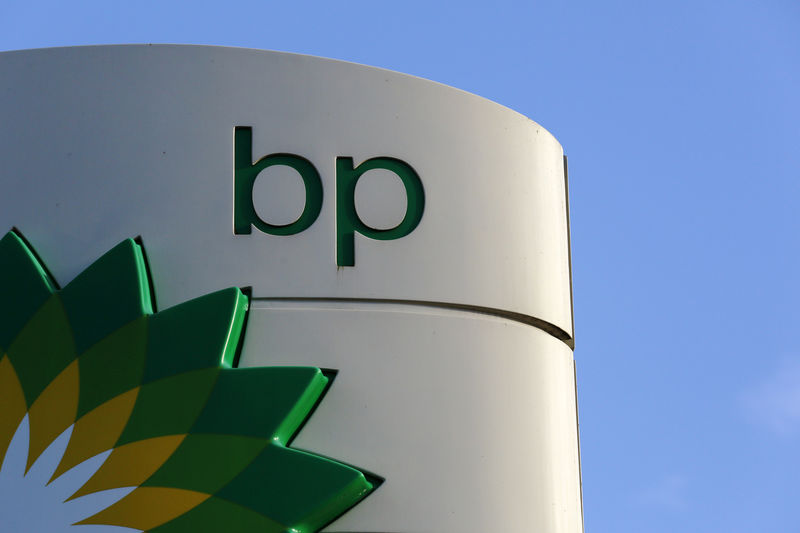Sunnybrook Health Sciences Centre selects Oracle Health for new EHR system
Investing.com -- BP (LON:BP) is making headway in the planned divestment of its Castrol lubricants unit, though Jefferies analysts caution the deal could fall short of more bullish market expectations.
According to a Bloomberg report, Castrol is drawing interest from both energy players and private equity firms.
Among the named parties are Reliance Industries (NSE:RELI), Saudi Aramco (TADAWUL:2222), Apollo Global Management (NYSE:APO) and Lone Star Funds.
While BP has confirmed its intention to sell the business, it has not commented on the report or named potential buyers.
The valuation range discussed in the article is between $8 billion and $10 billion. Jefferies analysts note this is below the midpoint of some market expectations, which range between $12 billion and $13 billion, and aligns with the lower end of their own sum-of-the-parts valuation of $10 billion.
The report comes shortly after Jefferies downgraded BP to “hold,” citing the risk that macroeconomic uncertainty could either delay the company’s divestment plans or lead to a reduced price for assets like Castrol.
The brokerage also pointed out that, even with a divestment at the upper end of the reported valuation range, BP’s balance sheet would still lag its peers in terms of leverage.
Jefferies estimates that a sale at $10 billion would reduce BP’s net debt by approximately 17%, down from 25.7% at the end of the first quarter.
However, total leverage, including hybrid bonds and lease liabilities, would remain around 70%, more than double the sector average of 33%.
The divestment would also result in the loss of a relatively stable part of BP’s earnings.
Castrol accounted for about 12% of BP’s EBITDA over the last twelve months, according to Jefferies.
During that period, BP reported $1.065 billion in EBITDA, which would place the implied transaction multiple between 7.5x and 9.4x. That range falls below the 9.5x multiple at which lubricant peer Fuchs is currently trading.
BP bought Castrol in 2000 for £3 billion, or about $4.5 billion at the time. While BP does not disclose Castrol’s current carrying value, Jefferies estimates it at between $6 billion and $7 billion.
Jefferies analysts note that while the potential divestment would represent progress on BP’s target to reduce net debt by $5 billion to $9 billion and retire $4 billion in hybrid bonds by 2027, the company’s leverage metrics would still remain elevated compared to the broader energy sector.
Net debt to EBITDA would improve from 1.5x to 1.3x, but would still trail the sector average of 0.8x.
